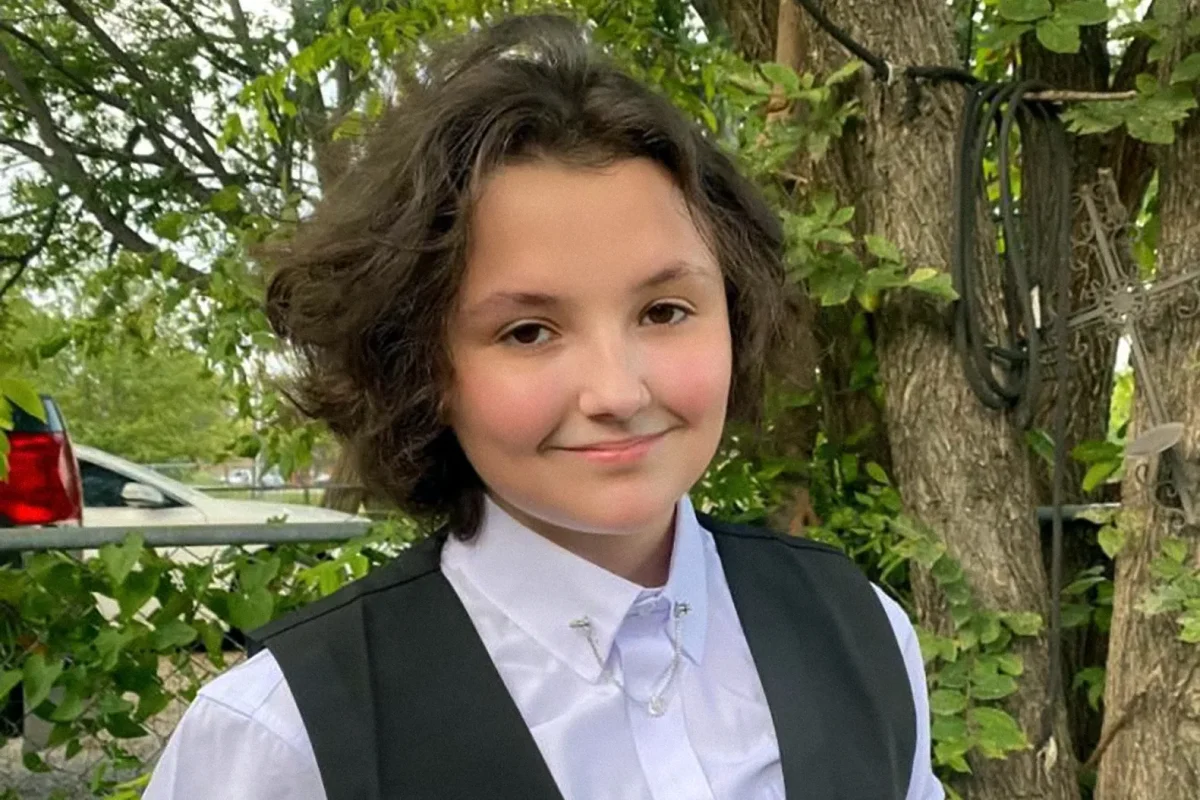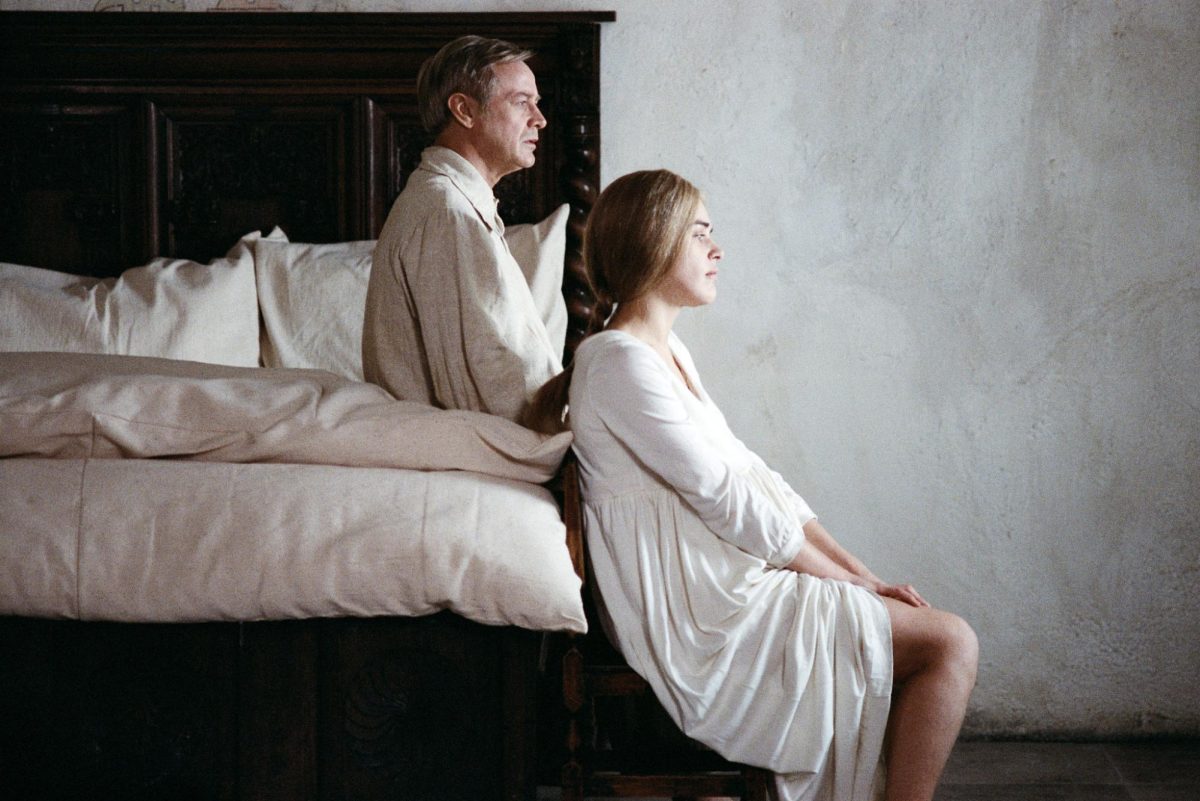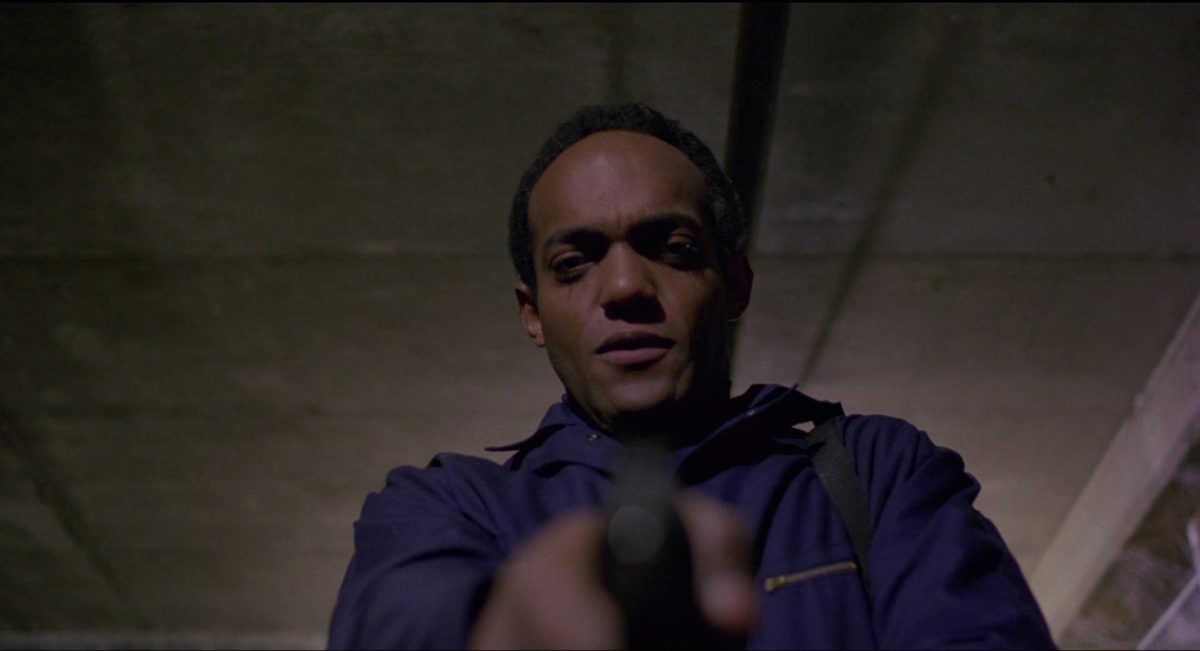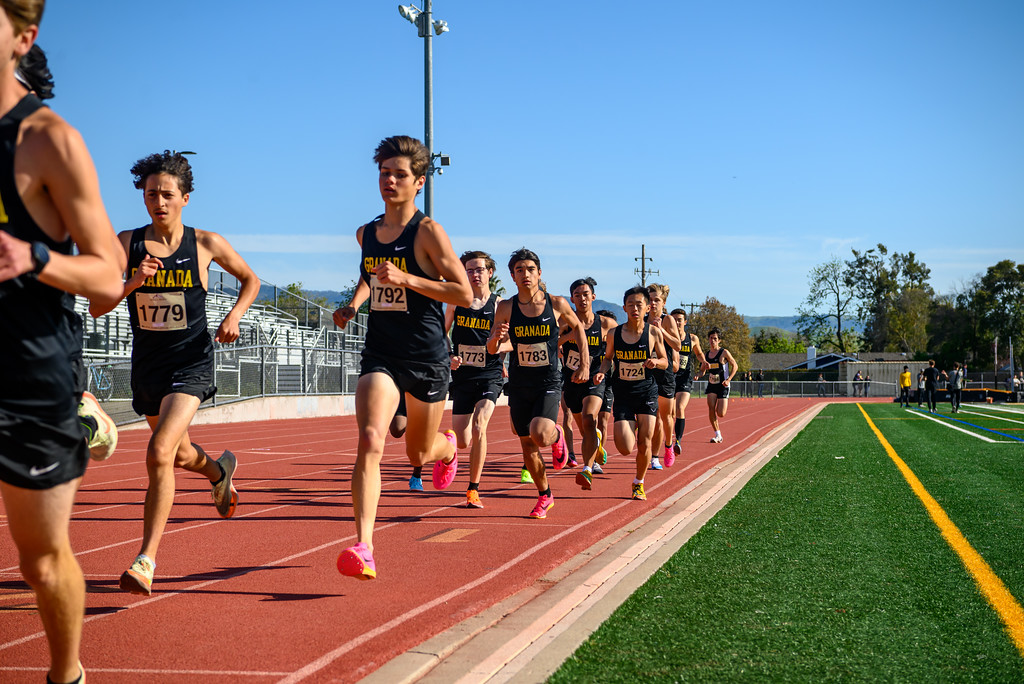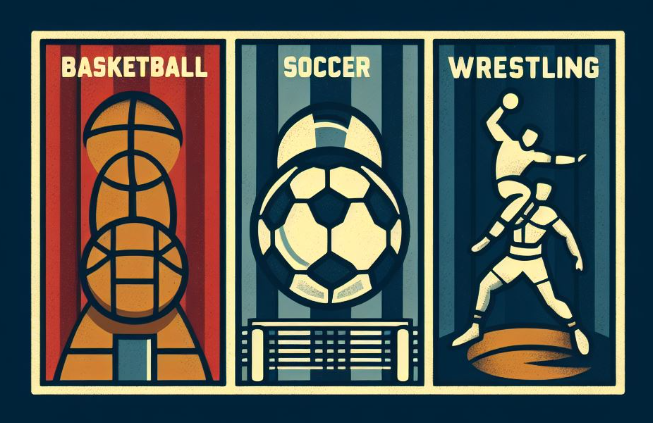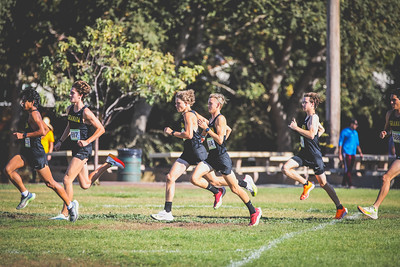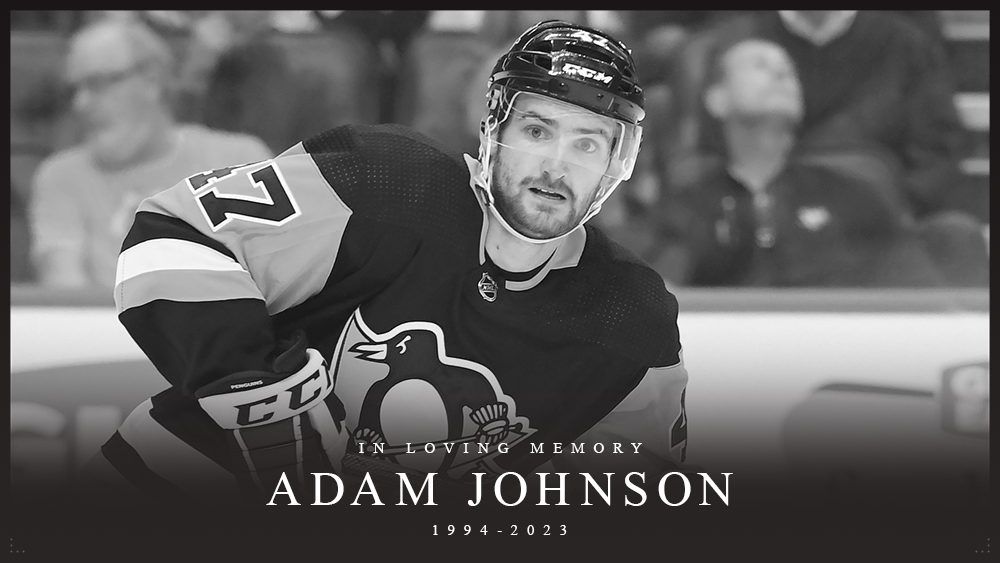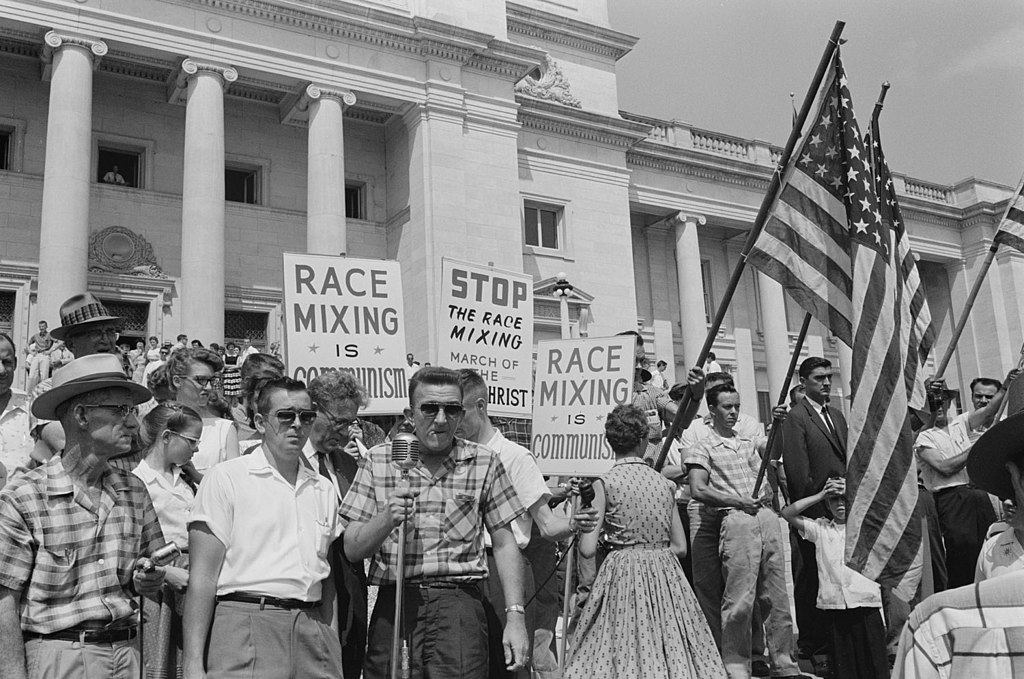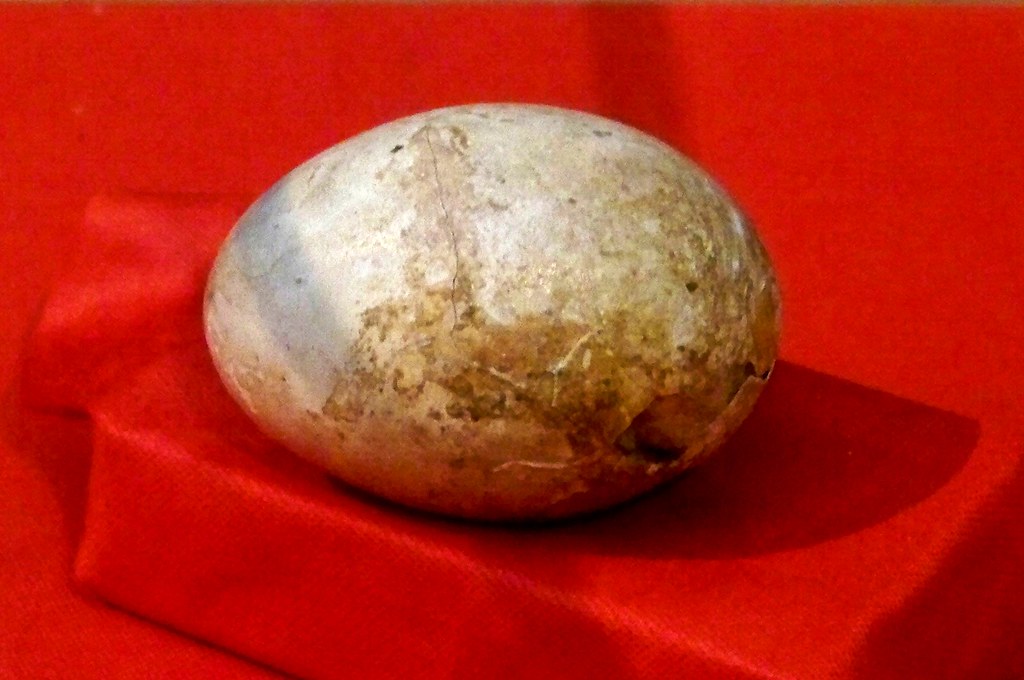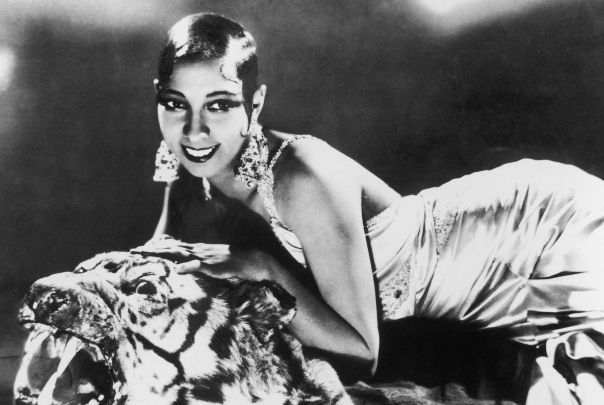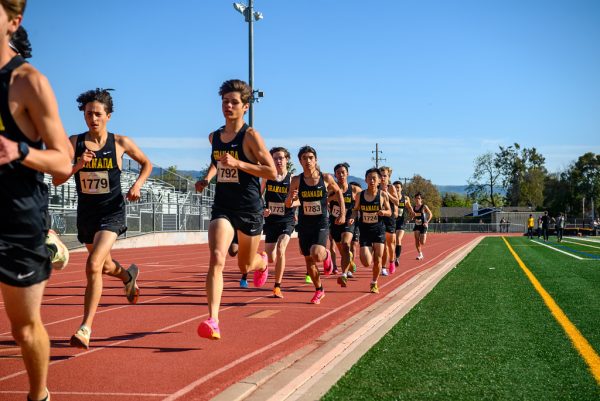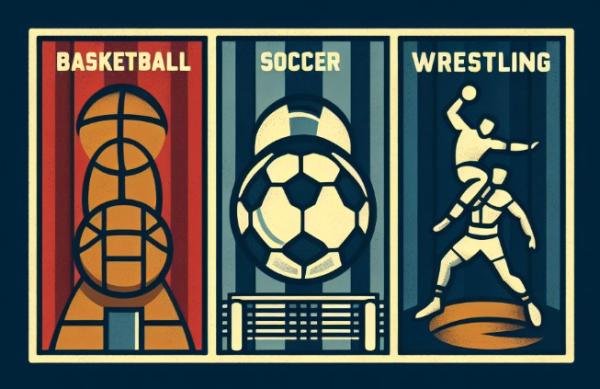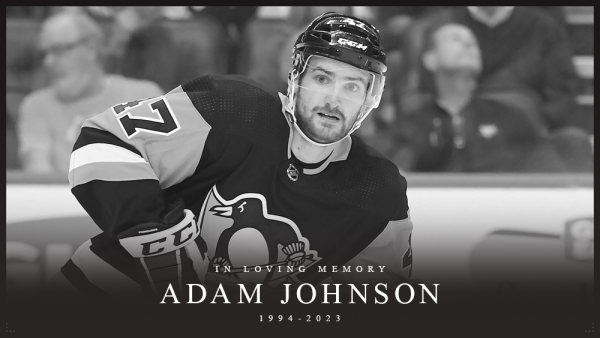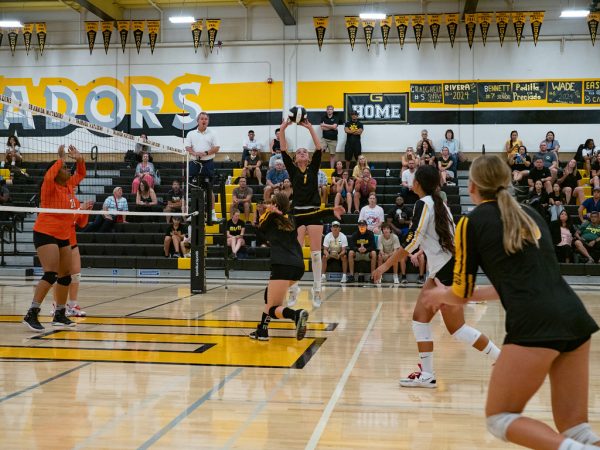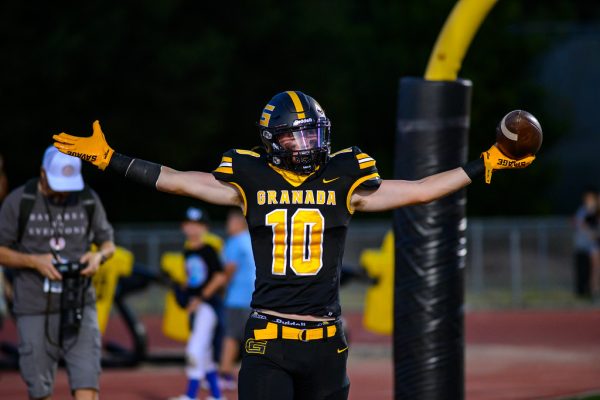John Madden Dies: A Look Back at His Legacy
John Madden waiving to the crowd at his Football Hall of Fame induction.
January 10, 2022
On Tuesday December 28th, 2021, NFL Hall of Fame football coach John Madden passed away in Pleasanton, California. He passed away at the age of 85, and the cause of death has not been released. Today we take a look back at his life story from a high school football star to legendary football coach and broadcaster.
Madden was born John Earl Madden on April 10, 1936 in Austin, Minnesota. His parents were Earl Russel Madden and Mary Margaret Madden. In 1942, when Madden was 6 years old, his family moved to California in hopes of a better life. Specifically he moved to Daly City in Northern California and he eventually attended Jefferson High School. When he was a teen he worked as a caddie at San Francisco Golf Club, but came to the realization that he would need a college education to succeed in life. He graduated from Jefferson High School in 1954 and later that year played at small JUCO “College of San Mateo” before eventually receiving a scholarship to play at Oregon State. After redshirting a year with Oregon he finally ended up at California Polytechnic University where he played both offense and defense. He was eventually drafted in the 21st round (244th overall) by the Philadelphia Eagles in 1958. But sadly, in the first week of training camp he suffered a knee injury tragically ending his professional playing career. This was the start of a new beginning. After a few years coaching at Hancock Junior College and San Diego State University, he was hired to be the Oakland Raiders linebackers coach in 1967. Although he had a somewhat minimal role, he was still impacting the team and in his first year as a Linebacker Coach the Raiders went on to a impressive 13-1-0 record. Later in February of 1969 he was promoted to head coach at 32 years old.
Madden was the Raiders coach for 12 years, 2 as a linebacker coach and 10 as head coach. In his time as a head coach he had an overall regular season game record of 103 wins, 32 losses and 7 ties. His team made the playoffs 8 times and during that time went to 7 western division titles. They also never experienced a losing season under Madden’s coaching. Halfway through the streak in 1976, the Raiders had an almost perfect record of 13-1-0. That year the Raiders topped off the remarkable season with a 32-14 win against the Minnesota Vikings in Super Bowl XI. In Madden’s career as a coach his team went 13-1-0 twice. Madden’s overall winning percentage in regular season games was .759. Interestingly enough, in those 10 years, the Raiders never finished what used to be a fourteen game season with less than 8 wins and in a fourteen game season from 1974-1977, his team won at least 11 games for 4 seasons in a row. His team also finished either 1st or 2nd in the AFC West every year that Madden was a head coach. As of right now he is the coach with the most wins in Raiders history.
In 1979 Madden joined CBS as a color commentator and was a broadcaster for CBS from 1979-1993. He then joined Fox Sports and was there from 1994-2001, and was an ABC broadcaster from 2002-2005. He was finally hired by NBC Sports from 2006-2008. Madden was known for broadcasting the Thanksgiving Day games for CBS and FOX and would award a turkey to the winning team of that game. One of his last main achievements was being inducted into the Hall of Fame in 2006.
After the major parts of his football career John Madden contributed elsewhere. In 1988, he lent his name to a video game company EA Sports for the creation of a football-based game. He also had a lot of input on the game’s creation. After retiring from broadcasting in 2009 he continued to be involved in the NFL as a consultant for the NFL commissioner and on committees for player safety and competition.
On the football field, John Madden was looked up to by many of his peers and was an inspiration to football fans and players across the country. He had the unique ability to push players to be better than they were yesterday and demand the best out of them everyday no matter what. He took coaching as seriously as anything else in his life and was able to lead his team to greatness every year. Off the field and away from the cameras, he was a family man and was a quiet and caring man. He always put family first. His attention to detail and ambitious ability to strive for greatness everyday and be the best at what he did is why he impacted football fans across the country.
*This past week I got an opportunity to talk with someone who was a friend and work partner with John Madden. His name is John Otton. Otton worked for John Madden when he was a young ball boy for the team when he was 12 years old. Through his life and career he worked for the Raiders for 40 years.
John Otton Interview:
Q: First of all, sorry for your loss. I knew that you and John Madden were good friends. Anyways, what was your relation to John Madden, how did you know him and how did you guys meet?
A: “Well, back in like 1968 I was a ball boy. I was only 11 years old, and I was like a ball boy for the Raiders, and I only did like Saturday practices and things like that. I probably met him then, but I don’t really remember that. Where I remember meeting him was probably in ‘69 or ‘70, when he became head coach, and I started working a little bit more. I started working game days and stuff so we kind of got to know each other when I was about 12 years old. You know you could just tell by how well the team was doing and the way he ran practices, and I was lucky to be in the locker room when he was doing his pregame speeches and all that stuff, how dynamic of a person he was not knowing all the stuff that was coming down the road, and then I went to high school, and then I was in college for a while, and then in 1978 he called me in and hired me full time. That happened to be his last year as a head coach, but I worked for him full time 7 days a week, and we got to talk a little bit here and there while he was gone. But I knew him for 10 years during his whole coaching career.”
Q: How would you describe John Madden as a person and as a popular football figure?
A: “Well, as a person he’s very motivated to do things well. He always wants to be the best no matter what. I think losing games was really tough on him. He was always looking to be better every week whether we won or not. He always wanted to be better and he just didn’t want to lose. I mean if you look at his track record he’s got the highest winning percentage of any coach in the NFL that’s won at least 100 games and I’m not sure that will ever get broken. You need to understand, basically his whole career, I don’t think we played more than 14 games. I think the 16 game deal came in 1979 right after he left, which is crazy to think about. You know, to win 10 games nowadays people are like ‘oh, that’s great out of 17 games’ and even when you had 16 games and you’d go 10-6 people are like ‘oh, ya we’re going to give this guy a big contract.’ I mean, John was winning 12 games when there were 14, he’d go 12-2, 12-1-1 and the year he went to the superbowl he was 13-1. He always strived for success. And once he got into broadcasting he wanted to be the best at that, and he changed the dynamics of that with his personality. His personality was always great, he loved talking to people and learning stuff, and he was always a teacher. So, when he would start coaching he was always teaching and it wasn’t a fluke that right after he got into coaching he decided to go up to Cal and he was teaching a football class when CBS or whoever contacted him and at first he didn’t really care about being a broadcaster, but then he started thinking about it and if I say no, maybe they won’t come back and ask me next year so he went in right away. He changed the way people broadcast games now.“
Q: How do you think he impacted the football world as a whole?
A: “Well, his whole life was football, he changed defense because he was a linebacker coach, and he changed the way people play defense as far as you know how tough he was, and when he became the head coach, he made the team the same. He had a great offensive line. He had a quarterback that was tough. He had running backs that were tough, and then when he got into broadcasting the way he had his all madden team and every guy on every team wanted to be on that team. So, he made those guys strive even more and play harder, and he had the madden football game. He told me then when they first approached him because it was a video game they said they weren’t going to put 11 guys in there, we’re only going to put 9 and he said, ‘I’m not putting my name on something that only has 9 players. If you don’t do 11, I’m not doing it.’ Of course they decided to do it. It’s funny how some coaches nowadays and even players say just watching and playing the Madden game that it taught them how to play football and what to look for. So he was dynamic in 3 different ways the way he changed football.”
Q: Was John an all football guy or did he have other hobbies besides football?
A: “Haha, not in my head. Well, he got into real estate while he was coaching and always strived to do the best at that too and was very successful with that. But getting back to the football stuff though, football was like all the way from playing in high school to college and it just consumed him. Even after he was done broadcasting he was still on a bunch of different boards with the NFL, and he was watching tape every week of virtually every game and still had an input on trying to make the game safer. That was very important to him to make the game safer. I mean, that was very important to him to make the game safer. He was for hard hits, don’t get me wrong, but he wanted it to be clean.”
Q: John played high school and college football, coached the Raiders, and was a football broadcaster for many years–was in football for about 70 years. Why did he enjoy football so much?
A: “I think it was easy for him. I think he understood it. You could talk to him while he’s watching the game and he’s picking up stuff that you and I would not see. And I think he had an innate ability to break down what was going on both defensively and offensively, and he enjoyed it. He said I’ve never worked a day in my life. That tells you that he really enjoyed what he was doing. Whatever job you get, no matter what you do, if you don’t feel like you’re actually going to work, that’s a good deal.”
Q: How had John grown as a person and as a coach/broadcaster from the start of his career to his retirement?
A: “Well, when he was coaching he was tough on players and it was probably tough on his family to be away and that’s how he coached. If you ever see anything about him on the sidelines, he was totally into it. He’s screaming and he’s yelling and I’m sure after a game he was probably worn out, but I think what happened after that when he put that same enthusiasm into the broadcasting part of it. I think he probably started to mellow out after he coached and probably mellowed out even a little bit more after he got done with broadcasting because broadcasting takes a lot out of you. You still have to study the team your playing. He traveled and he didn’t like to fly, so he had his madden cruiser and one thing he would do to relax after a bunch of game film while he’s driving is have his bus driver pull over to some little gas station, and he’d go in there and talk to everybody. He never walked away from meeting the people. I think going cross country like that he was able to get a feel, like if he was in Miami and he’s driving up the east coast you know he’d meet those people. If he’s leaving California and going to like Kansas City he’d start meeting all the people in the midwest. So, I think that made him more well rounded than when he was a coach. When he was a coach he was totally into it, and I know at some point he had to say to himself, ‘I have to mellow out.’”
Q: John was a NFL champion as the head coach for the raiders, two-time Emmy Award winner, 1984 NSMA National Sportscaster of the Year, and was inducted into the Hall of Fame in 2006, along with many other accomplishments. What award do you think he was most proud of and why?
A: “I would say the Hall of Fame because that is like the ultimate for what he did. It was a shame that it took so long for him to get in. I thought he should have gotten in years before that, but nevertheless he got in. I think he really enjoyed his induction because he got to meet the other guys that were in there. It was funny, he made a statement, in fact I even put a tweet out there on the day he died, I said, he had mentioned in his speech that all the bus, the bus meaning all the heads of all the players and coaches, they’re all in this big area right, so there’s all these heads and people can walk around and look at them and he said, ‘I swear at night, when all the lights are off and everybodies gone, they start talking to each other.’ Then he said, ‘I can’t wait till the day I get to talk to all these guys that I admired.’ And don’t get me wrong I’m sure he enjoyed getting whatever the heck you get for being a broadcaster, and also he liked coaching and that meant a lot to him.”
Q: Who was John Madden outside of the football scene?
A: “Very much a good father, grandfather, husband. He really doted on his whole family. Whatever they needed he would help out. He was a family man outside of football.”
Q: How did John Madden inspire you?
A: “Well, when he hired me he told me to work hard and put in time and just because of the way he was made you work hard and are more of a man. I mean, I was like 21 years old, I didn’t know anything, and he just instilled a work ethic in me and made me last 40 years with the Raiders.”
Q: Lastly, What do you think John Madden’s legacy was?
A: “I think he would like to be known as a coach, teacher, husband, grandfather, father, and I think he’d like to be known for all those things. I think the coaching aspect of it, like I said, he probably enjoyed broadcasting more because I don’t think that was as raggy for him. I think he enjoyed talking to the players, going to the practices and not having to worry about who won the game. But, I think deep down he really really liked being a coach and having some success, which he did as a coach.”
After the interview John and I talked a little bit more.
He explained to me that there was a documentary about John Madden they were making while he was still alive, and that they asked a bunch of people to talk about him. Someone who was asked to be a part of it was Bill Belichick (Patriots head coach).
“This guy does a press conference and he tells everybody to kiss his butt. I mean, he doesn’t like talking to anybody, but because it was going to be something about John Madden, he said yes and he did another forty five minutes. That tells you what kind of a person John Madden was where somebody like that would do that for him.”



